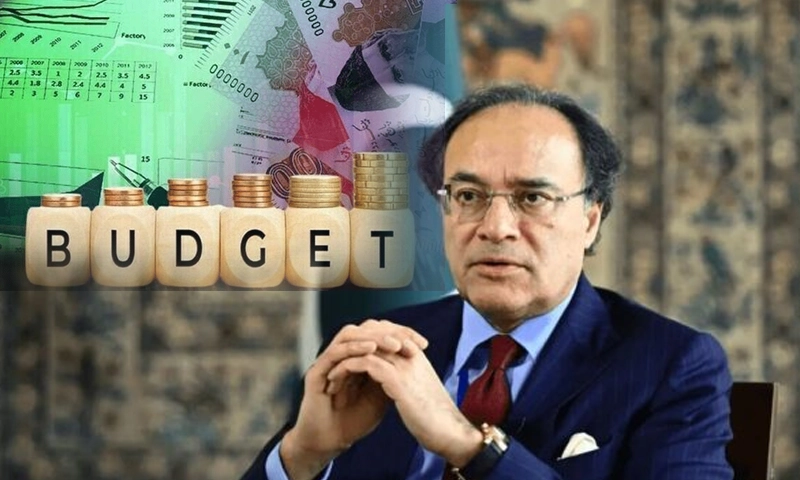- Web
- Today
Budget FY26: relief for salaried class, solar sector gets tax reduced
-

- Web Desk
- Jun 21, 2025

ISLAMABAD: Federal Minister for Finance and Revenue Muhammad Aurangzeb on Saturday informed the the National Assembly about the decisions taken during a a high-level meeting to review budget proposals, emphasising fiscal discipline, inflation control, and relief measures for low- and middle-income groups. The income tax for middle-income earners (Rs600,000-1.2 million) has been slashed from from 2.5% to 1%, and the tax of solar panels has been reduced to 10percent from earlier 18percent.
The meeting was attended by Federal Board of Revenue (FBR) Chairman Bilal Azhar Kayani, Secretary Finance, and other senior officials. The finance minister stated that the government had presented a clear stance in parliamentary sessions, which was understood and appreciated by the house.
No Mini-Budget, Fiscal Stability Achieved
Aurangzeb clarified that no mini-budget was introduced in the previous fiscal year, highlighting the government’s commitment to maintaining financial stability. “We have sustained fiscal discipline, controlled inflation, and improved the current account,” he said.
The minister added that the government’s economic policies aimed to steer Pakistan out of uncertainty and onto a path of sustainable growth. He also announced welfare initiatives to support vulnerable segments of society.
Tax Relief for Salaried Class
Recognising the role of low- and middle-income groups in the economy, Aurangzeb announced a reduction in income tax for salaried individuals. “Those earning between Rs 600,000 to Rs 1.2 million will see their tax rate reduced from 2.5% to 1%,” he said. The government has also increased salaries and pensions for employees.
Parliamentary panels reject proposed 18pc sales tax on solar panels in budget
Revised Solar Panel Tax to Promote Local Industry
Initially, an 18% tax was proposed on imported solar panel components to encourage local manufacturing and investment in solar technology. However, after consultations in both houses of Parliament, the government decided to reduce the levy to 10%.
“The tax will apply to 46% of imported components, leading to a 4.6% increase in the price of imported panels,” Aurangzeb explained. He stressed that the government remains committed to promoting renewable energy and an eco-friendly economy.
Crackdown on Profiteering, Hoarding
The finance minister warned against unjustified price hikes by opportunists following the solar panel tax proposal. “We have received reports of hoarding and profiteering even before the tax was finalised,” he said.
“Let me make it clear: exploitation of the public will not be tolerated. The government will take strict action against profiteers in coordination with provincial authorities,” Aurangzeb asserted. He directed the law minister to work with provincial governments to bring such elements to justice.
The measures reflect the government’s focus on economic stability, public welfare, and sustainable development, he added.




